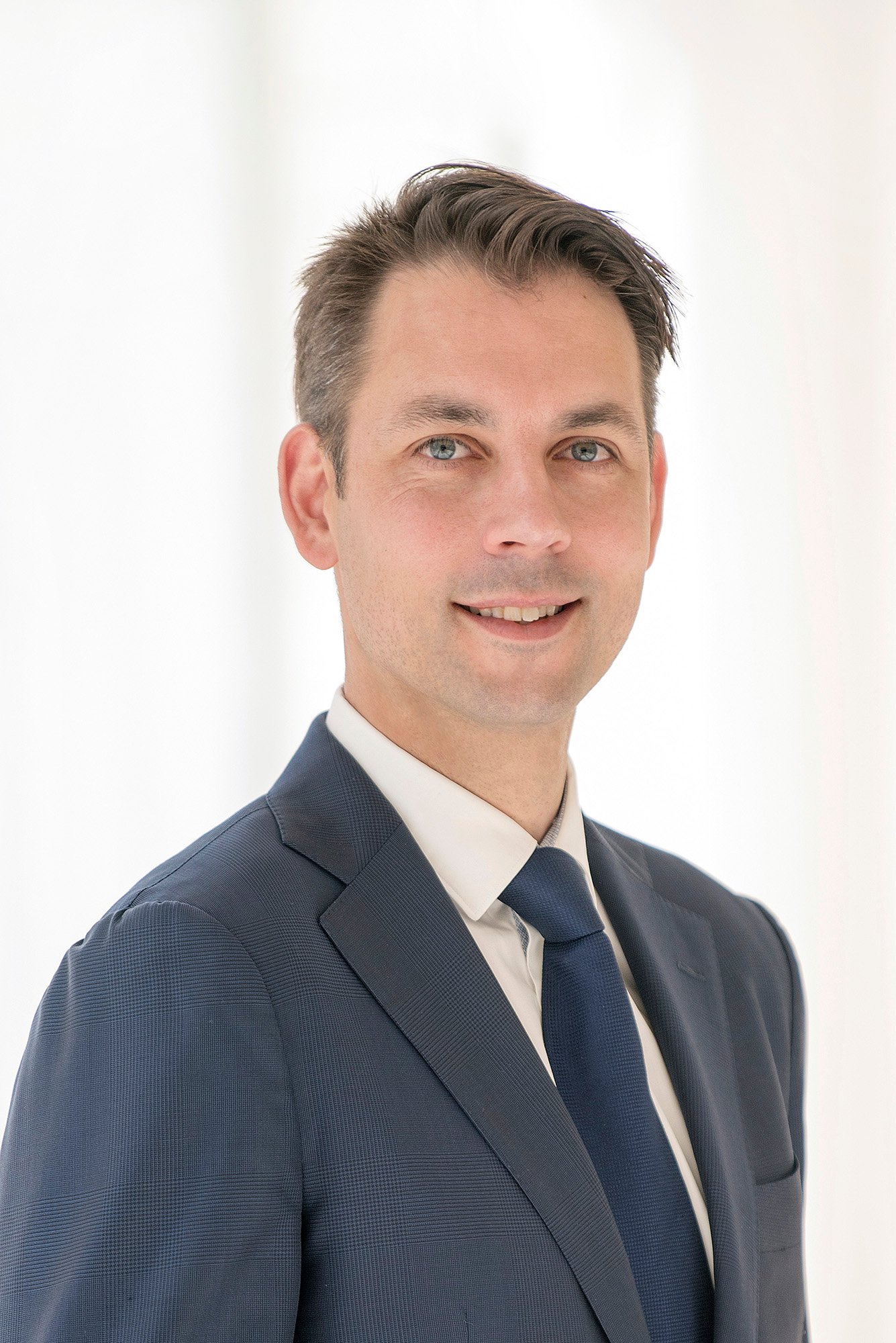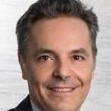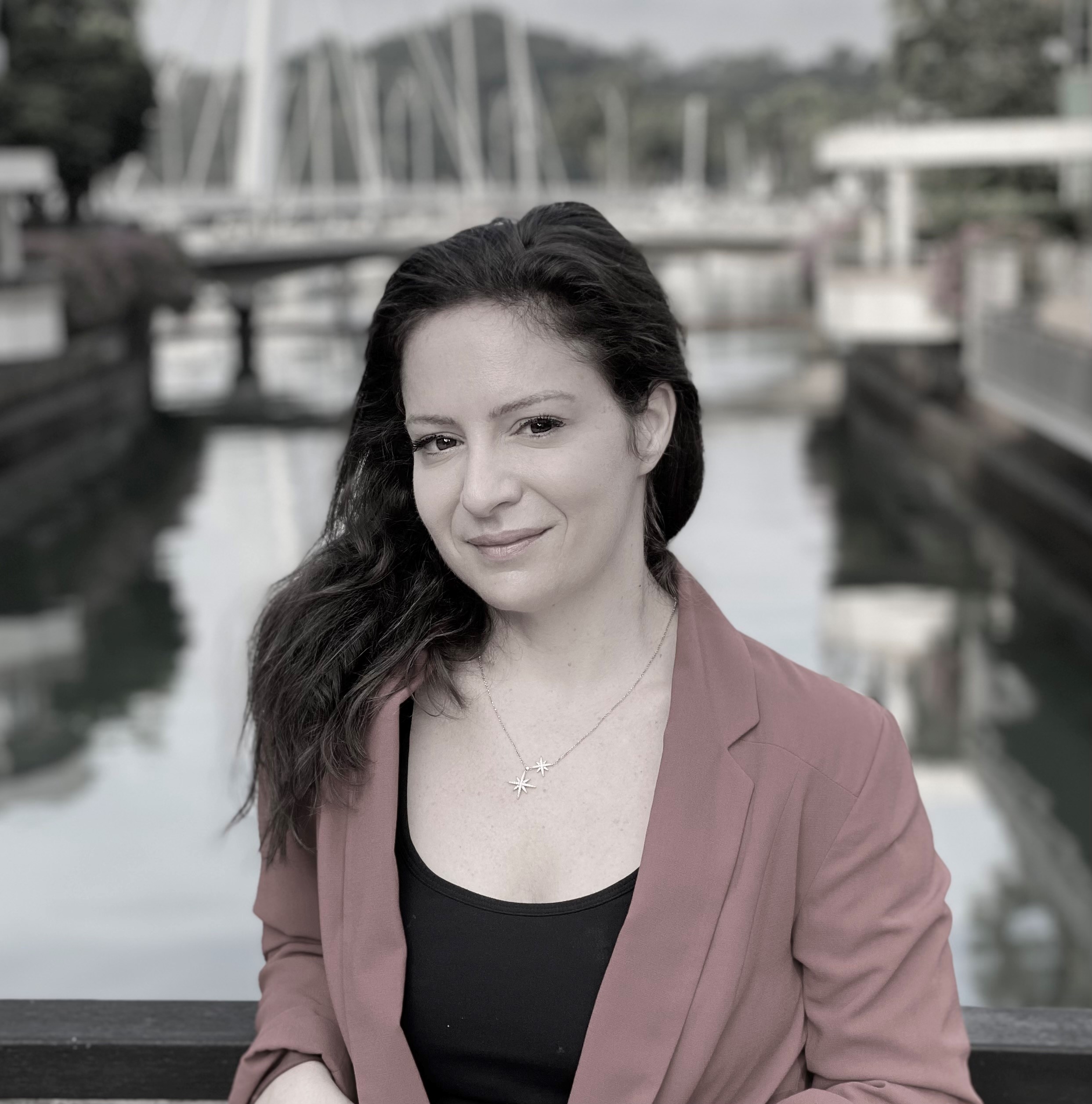The EMC has shown me not to live in a fantasy world of overoptimistic and wishful thinking. It is hard work to achieve meaningful changes.
Randy Caenen

Could you share a fun fact about yourself – perhaps something unexpected about you?
While I am 100% Dutch, I grew up very close to the German and Belgian border. More specifically, I grew up in the Maastricht area, so my family would easily cross both the German the Belgian border for all kinds of leisure activities. I guess this has taught me to look beyond borders and boundaries at a young age. It actually also makes me feel having grown up in Europe rather than The Netherlands.
Can you tell us a little more about your personal and professional career journey so far? How did you get to where you are today?
People describe me as an open-minded, connecting, results-oriented team player with drive and a broad skill set.
I tend to be a curious and ambitious person. The red thread through my career has been 'connection' and 'development'. In all the roles I have fulfilled I made an effort to connect, build and implement. In my career I have had the opportunity to work in many different countries and experienced an expatriation to Hong Kong.
So, what made you decide to pursue the EMC, and why did you choose INSEAD?
By completing Masters degrees in Business and Finance I have trained the rational, or analytical part of my brain. This got further enhanced in the roles I have had in the finance industry. This development has probably also made me capable of creating and deciding fast on actionable proposals.
What I have forgotten from time to time, was to consider how these decisions made others feel. Especially during my expatriation and in my current board role, I feel that the dynamics in the team are of the utmost importance. Although I knew this before, I feel that I probably have not always executed the required gentle approach to be truly effective.
Let's put it this way: my actions - based on my good intention - were not always aligned with what was appreciated, and I have had to repair relationships as a result of that. I felt I could have benefitted from a different, less rational approach. Why could a good thing not be appreciated? "C'est le ton qui fait la musique."
I wanted to know more about what decisions and changes mean to myself and others. I was looking for a way to connect and lead differently. From what I had heard, seen and read, EMC was one of the very few programmes facilitating that.
If you were to describe your experience on the programme, what would it be? How would you describe your classmates, the courses, the professors?
The overall experience is very positive. Working and learning with people who intrinsically want to develop themselves is stimulating to me.
My classmates have been very supportive and stimulating. Most of us had to come out of our comfort zones to explore and learn something different, or new. I feel the group was eager to learn and worked constructively together on achieving their goals.
The professors create an open and safe atmosphere where respect for one another's perspectives, feelings and thoughts is felt and maintained.
Apart from this, they have shown their astonishing expertise in the field by sharing knowledge from their own experience and research. I can only speak very highly about them all, they are a source of inspiration.
In this environment and by experiencing what the knowledge and insights meant, I have had many breakthroughs, or 'a-ha moments'.
Has the EMC helped you in your career so far?
From the start EMC makes you look differently at the world around you. Different towards self, others and challenges.
For example, EMC has shown me that not every problem can be (quickly) fixed. When it comes to change and transition one has to consider more than just the rational and conscious side of things. Being aware of this is very valuable already.
Do you foresee the EMC changing your perspectives or outlook towards life?
I believe my perspectives or outlook have been positive and will remain positive. What did change and will probably continue to change is my perspective on what is realistic.
As mentioned, EMC has taught me to look at things differently. Complex changes cannot be led or managed in a linear process. Bumpy roads, setbacks and other disappointments are inevitable most of time.
The EMC has shown me not to live in a fantasy world of overoptimistic and wishful thinking. It is hard work to achieve meaningful changes.
While I will keep striving for a positive future and positive changes, I am realistic this will not be achieved just based on only numbers and figures and it is probably going to be a messy process.
What advice would you give to someone who might be interested in pursuing an INSEAD Masters programme?
Do not expect to get a 'textbook' or 'one-size-fits-all' solution to all your change problems, because you will not get it.
Furthermore, it seems to me that it does not do any justice to the potential of the programme when you would limit yourself in getting rich information about EMC. I would recommend getting in contact with INSEAD and EMC alumni. Have a conversation with them on how these people's experiences with EMC can potentially help you achieve your wishes or needs.
Click below to watch Randy's 2022 talk at the FInEx Finance Innovation & Excellence Summit titled "Finance Manager to Business Partner - Understanding the Complex Change Implications".
Timestamps
21:32 - What insights on change did you gain during the EMC programme INSEAD? How did these impact your transition to a CFO at an Investment Fund?
26:00 - As an accountant, how do you measure return on human capital?




